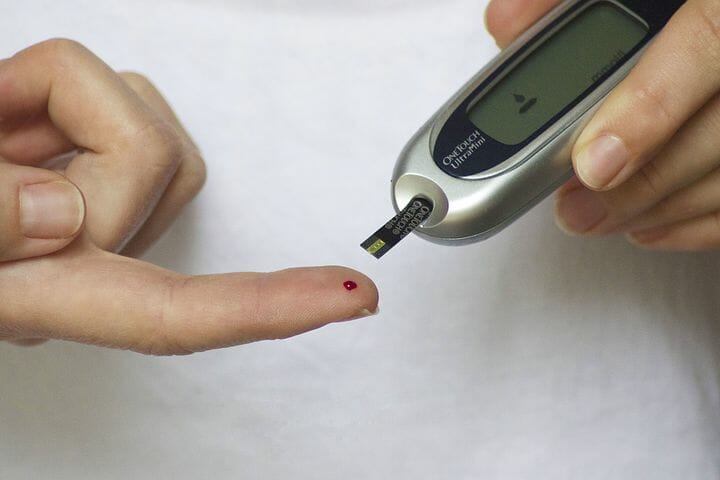President Trump used November, which is recognized as American Diabetes Month, to sign into law a bipartisan that will create a national commission of health care experts on diabetes care and prevention.
His timing is spot on.
This month also recognizes the importance of decreasing the incidences of type 1, type 2, and gestational diabetes through research, treatment, and prevention.
Diabetes affects people of every age, race, gender and nationality. No one is safe from its clutches.
Approximately 30 million Americans are afflicted with the disease and another 84 million have pre-diabetes, a condition that is known to progress to diabetes without early intervention, according to the Centers for Disease Control and Prevention (CDC). The CDC estimates that if current trends continue, one in three Americans will have diabetes by 2050.
Diabetes is the seventh leading cause of death in the United States, and can lead to many other chronic diseases and conditions, such as blindness and kidney failure. As one of the most expensive chronic diseases, diabetes costs the American healthcare system billions of dollars each year. Overall, one in every ten healthcare dollars is spent on diabetes and its complications, and one in every three Medicare dollars is spent on the condition.
As co-chairs of the Senate Diabetes Caucus, Senators Susan Collins, R-Maine, and Jeanne Shaheen, D-New Hampshire, have worked together to increase awareness of the threats posed by diabetes, invest in research, and improve access to treatment options, according to a news release Collins issued. Earlier this year, Collins and Shaheen introduced the National Clinical Care Commission Act to establish a national commission of health care experts to advance diabetes care and prevention. This is the legislation Trump signed into law.
The bill passed the House in October; it passed the Senate in September.




![Enrolling Now, Rewarding Careers Ahead [Sponsored]](https://ukenreport.com/wp-content/uploads/2024/04/COD_heroes_1-1385-2-440x264.jpg)


